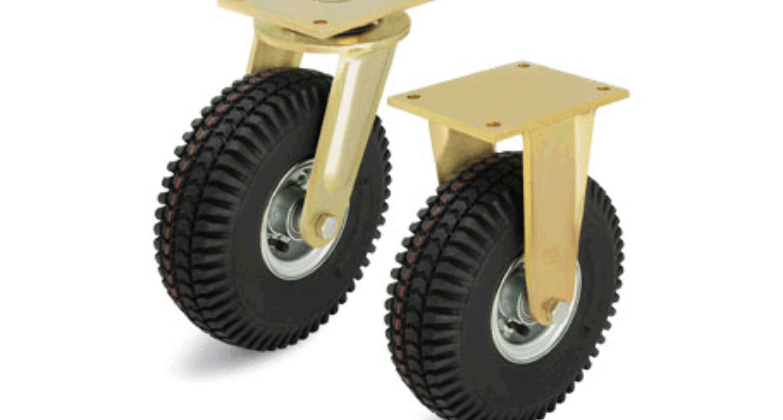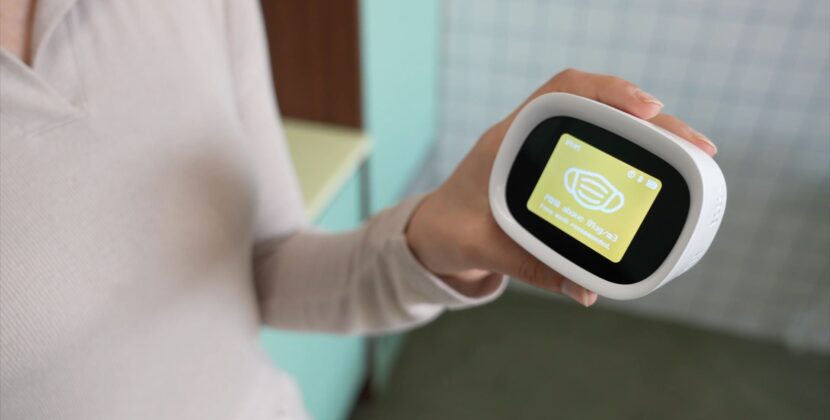Looking beyond the touristic facade and getting in the mix with the locals can offer you a wonderful experience and here are some of the things to do in the Dominican Republic, to get in amongst it with the locals.

You’ve thought about the benefits, weighed the pros and cons, and you’ve decided that college prep is the right choice for your child. Now comes the part you’ve been worrying about – the application process. Seen by some as a precursor to the college admittance process, getting into a college preparatory school comes with its pitfalls and challenges. Luckily, there are a few ways to make the admission process a little less stressful and increase your odds of getting the answer you’re hoping for.
1. Do Your Research
This is a big decision, so take your time and do your homework. You want to make sure the school has the things you and your child are looking for. Does it focus on a well-rounded child? Are arts a priority? What is the community like? The more information you have, the better equipped you’ll be to make the right choice for your child.
2. Get the Letters
College prep is about more than just academics – it’s about creating well-rounded individuals. The school will look to recommendation letters to get an idea of what your child is like academically and socially. As such a significant part of the process, make these a priority early on. Find the teachers or coaches that know your child personally and will speak well of them both socially and academically. And get started soon: writing a good letter takes time, and you want to make sure you get them all in before the deadline.
3. Be Punctual
Speaking of deadlines, check them. Double-check them. Recheck them. These are not flexible dates. Get your application (and all the transcripts and recommendation letters) in as soon as they’re done, not when it’s down to the wire.
4. Be Honest
Of course, you want your child to get into college prep, but you also want it to be the right place for them. Don’t fudge the details to make your child seem like a better applicant; it’s easy to see through and ultimately will backfire. Instead, let your child’s unique skills and personality shine through in all the answers (and particularly their essay). The right school will appreciate your child for exactly who they are.
5. Focus on the Essay
The essay is a vital part of the application process: it lets your child have their voice and express their thoughts and opinions. College prep schools take these very seriously, and so should you. Read over the topic thoroughly, and have your child think about their answer. Review their rough drafts and help them with their grammar; after all, you want the essay to put your child’s best face forward.
6. Nail the Interview
Generally, college prep schools ask for an interview before making their decision. Most schools consider the in-person interview to be critical, so make it your priority to do this in-person if at all possible. The interview is the perfect time for your child to shine. If they’re nervous, you can do practice interviews with them to set them at ease. You want your child to feel confident, prepared, and ready to take on the world. The right attitude can make or break a college prep school interview, so make sure your child is prepared for anything.

The Philippines is considered by many to be one of the top retirement destinations in the world. You can take a dollar much further than anywhere else, and still experience comfort and convenience. There are of course pros and cons to retiring in any foreign country. Things are not always as you expect them to be, or as you have become accustomed to growing up. We will discuss a few different things you might need to know about retiring in the Philippines.
Cost of living
The cost of living in the Philippines is amazingly low. Although of course how low depends on how native you want to get. Most people that decide to retire to the Philippines can manage to do it on their minimum Social Security check and live quite well. Of course if you decide to live in an expat area, it may be a little more expensive to live among your peers. Housing can range from local rooms running about $100 a month, too full size luxury houses that rent for thousands. You can figure that you can get a very nice place to live for $400 a month in a nice area. Wherever you live, you can still decorate it and make it look like you want it to be. Housing is definitely affordable. If you wish to live out in the province more, away from the city, you can get bigger and nicer places for much less. We tend to like to be near the city.
Safety
Overall the Philippines is fairly safe. We have traveled all over and have never had a problem. Of course you must also use common sense and logic. You can get robbed anywhere in the world, even back home, if you don’t pay attention. In major cities like Cebu or Manila you are very safe. Just remember that you’re a bigger target than you normally would be. You’re a foreigner, and most Filipinos think all foreigners are rich. So just use your brain and be careful.
There has been a large crack down on crime recently, especially drugs and corruption, so things are getting even safer. Just use your head
Healthcare
Healthcare in the Philippines is fine, though it may not be the same as you experience back home. In the main cities, and the main hospitals, you can receive first class care. However out in the provinces, don’t expect too much. The system is very different in the Philippines, but the expenses are also much less. We went to a local doctor and the cost for the doctor’s visit was about $10. A CAT scan is about $200, compared to $5,000 in Los Angeles. You may get last year’s model machine, but it still does the job. We advise getting travel insurance however, as that will cover any larger and more critical injuries. A good travel insurance will also stick you on a plane back home for things that cannot be dealt with in the Philippines. It’s quite a shock sometimes to realize that the cost of everything including a hospital visit is still less than the deductible you would pay back in the USA.
Traffic and Roads
Probably one of the worst things to deal with in the Philippines is the traffic. The infrastructure is completely different than you would experience back home. You just have to settle down and get used to it. It is not uncommon to take a taxi 10 miles and have it take over an hour. Sometimes you wonder if you could walk faster. Taxis can also be expensive, but as a foreigner they are still your best bet. You might have to get used to the occasional power outage, or water shortage, but with a little bit of preparation it’s not so bad.
Retiring in the Philippines is definitely a possibility. Even with a minimum Social Security payment, there is still enough room to hire a maid, or a cook. So while in the United States you might have a hard time making ends meet with a minimum Social Security payment, in the Philippines you can live quite well and even have domestic help. In all of our travels, it is the one we would choose for retirement. As an added bonus, almost everybody in the Philippines speaks English. Good luck on your retirement.
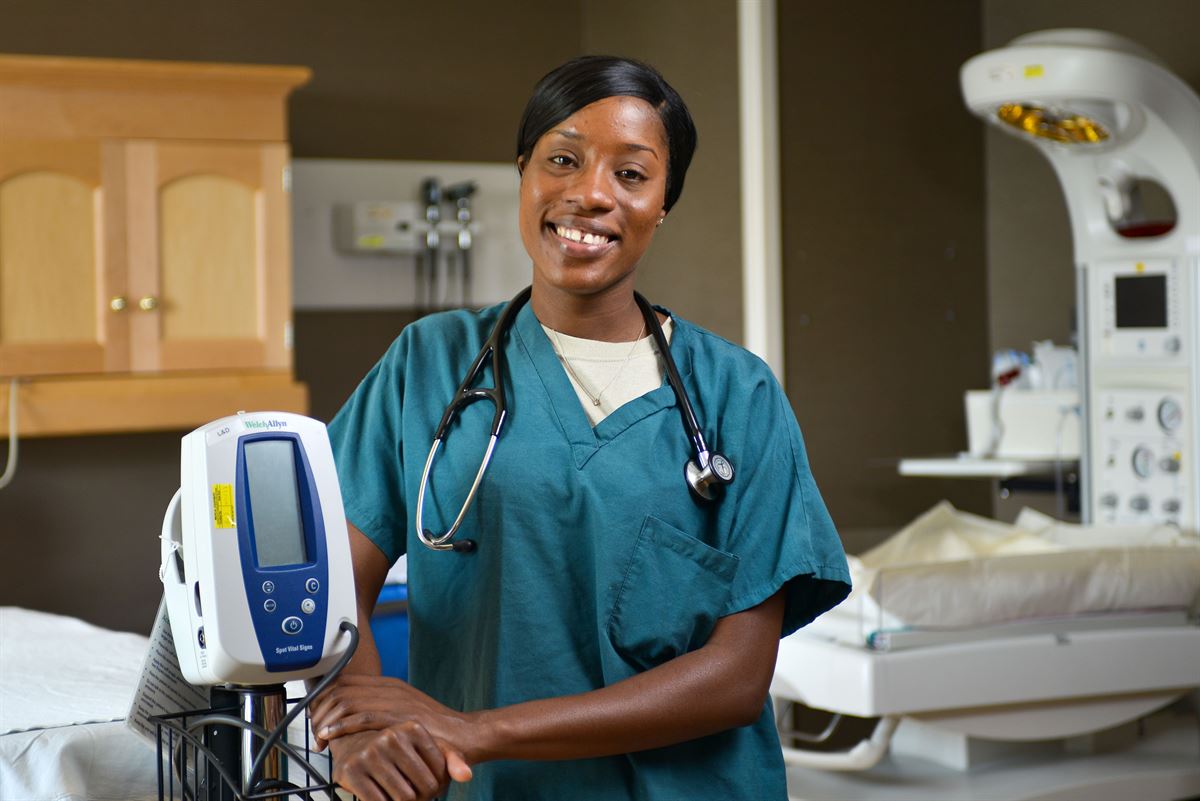
You may have heard the expression medical tourism bandied around many times in the past. But what actually is medical tourism? Medical tourism is going to another country to have a procedure performed at a much reduced rate than the home country. There are pros and cons to this, and you have to decide for yourself what is worth it and what isn’t. We bring you a list of some things for your consideration.
Cost
Generally, the foremost reason why people go with medical tourism is cost. Sometimes the difference in cost is quite amazing. For example: A dental crown in Los Angeles can cost $800 to $1,000, in the Philippines or India that will cost $100 to $150 with a western train dentist. You can still get it much cheaper than that but you’re taking a lot of risks then. You have to remember though that like anywhere in the world all doctors are different. There are dentists in the United States that are terrible and will mess your teeth up, just like there are dentists overseas that will do the same. So look at reviews and ask around.
Elective procedures
Most insurance in the United States does not cover elective procedures. These are things to make you feel better or look better. These procedures don’t have a life-threatening aspect to them. If you want plastic surgery, it’s going to cost you. So jumping back to our first point, cost is an issue. A good rule of thumb for elective surgery, such as liposuction, between the United States and a country such as Thailand, is you will be paying 30% of the cost that you would pay in the USA.
Safety
People often have worries of health safety in other countries, but if you choose a top hospital or clinic, and have checked it’s reviews, then this is usually not a problem. Many doctors and dentist are western trained. The facilities are up-to-date and clean. Medical tourism is a business, and they want to do the best they possibly can so they can get continuing business. Obviously, if you go to a smaller Hospital it will not have the same quality or level as the larger hospitals that are familiar with medical tourism. Just like the USA or anywhere, do your research. Check out the doctors and the hospitals that you will choose as you will be putting your life in their hands.
If things go wrong
Unfortunately, things can go wrong in any medical procedure. This is one of the main reasons that you need to do research to make sure you are selecting the best professional you can. There is not too much you can do. One of the reasons the hospitals and doctors in the USA are so expensive is the amount of insurance they carry for litigation when patients to sue them. Good luck trying to sue a doctor in india. Your choices are to fly back to the country and have them fix it, or go to a local doctor to fix it instead. Local doctors can cost you a lot more than you originally paid depending how badly things have gone wrong. It’s a gamble, but remember, things go wrong in the USA too. Do your research.
Travel
Depending on what procedure you will be doing, some hospitals that cater to medical tourism are like staying in a luxury hotel, with a nurse on staff to check you. Thailand has some hospitals that you would mistake for a high-level Hotel. If you can get the time off to travel and get some medical procedures done, very often the price of the whole vacation, including the travel and the medical procedure, will be half the price of the procedure alone back home.
Medical tourism is great, as long as you understand its limits. You have to do your research like you would with any hospital or doctor back home. Check reviews, and anything anybody else says about them. You can get world class attention and medical treatment with medical tourism, as long as you do your research. In the last 10 years I don’t think we have had any dental procedures done in the United States, we have always had them done as we travel, and we have never regretted it yet. Just remember this is your life so make the effort to do the research.
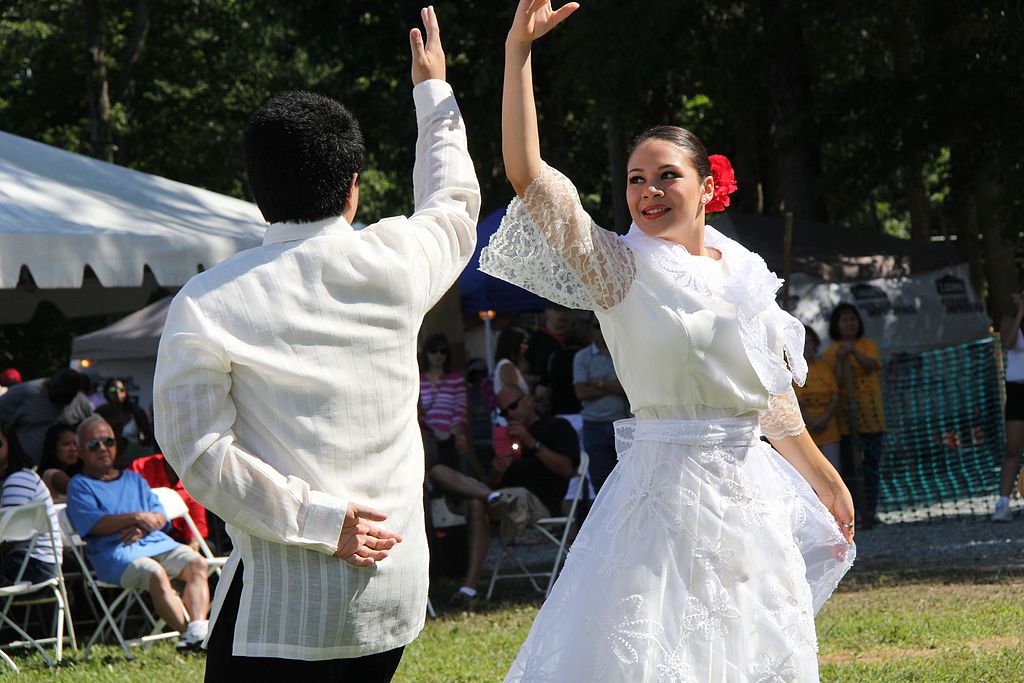
In many ways dating in the Philippines is the same as dating anywhere else in the world. Although as in anywhere in the world, there are many cultural differences. Knowing what these differences are, and accepting them, can keep you out of a world of problems and heartache. We have listed a few here, some of them are common sense, and some of them are things you might not consider.
Family first
Unlike most of the United States, and many other European countries, the family is the first concern in the Philippines. Understand if you date a Filipina, you will essentially be dating her family. A large amount of things that are done in the Philippines are done for the family. This includes things like sending nephews and nieces to school, sending money to a cousin in the province to help to buy a house, or a hundred other different things. So when you are dating a Filipina realize that you will be spending money on their family. One of the best things to learn in the beginning of a relationship, especially if you get married, is setting a hard budget for how much money you give their family. Meeting a Filipinas family though, does not mean that you’re going to get married, but they do want to see you to know that you’re a good guy.
Be a gentleman
This is a common sense advice. This works anywhere in the world where you date somebody. Be a gentleman. If you do not know what it means to be a gentleman, look it up online. It means you are always respectful and polite. You do not take advantage or pressure anyone into doing something they do not wish to do. If you are dating for a future relationship, such as marriage, then being a gentleman is very important.
Good girls and bad girls
Sometimes it’s a little hard to tell the difference, but after you’ve talked to a few you will get the hang of it fairly quickly. There are many scammers in the Philippines. You can usually find them out very fast, within the first few minutes or days you are talking to them. They will ask you for money. It might be a wonderful story about how their grandmother needs it for some life-saving operation, but it is probably not true. If you really want to make sure, you can always do your due diligence and have it checked. If they try and make you feel guilty for asking? They are definitely a scammer. There are many beautiful and wonderful girls in the Philippines that would love to be the one in your life. So pick a good one and not a bad one. Good girls are very conservative and very often will not even hold hands. Depending on the family they might even request a chaperone for the first date. Though as the Philippines becomes more westernized, it is changing.
Respect the culture
The Philippines culture is very different from Western culture. Some things may not seem to make any sense at all, but regardless if they make sense or not, you must respect them. The Filipinos are very proud of their culture. So do not make fun of it and respect it, it will take you a very long way. We believe that when you travel anywhere you should experience the local culture. We also believe that you should do this whether you are dating or not.
Respect the religion
The Philippines is a very religious country. Many of the girls you will date will be highly religious and go to church every week. Be respectful of this and it will keep you in good standing with their family.
Hard to get
Conservative Filipinas by nature are hard to get. You need to take a lot more effort than you normally would. It may take you a lot longer to gain her trust and her love, but when she gives it to you she will give it unreserved. Of course once you have a Filipina, you must always keep wooing her. As long as she knows that you love her and that you care, it will stop her from looking around.
Generosity
There is a difference between scammers asking for money and being generous. If you take your girlfriend out to eat and the family comes along, there will be no fighting for the bill; you will be expected to pay it. If you travel and come back to the Philippines you will be expected to bring gifts. These things are assumed. The Philippines has a very low cost of living, so even being a little generosity will go a long way.
Don’t assume
Don’t assume that Philippines women are the same as the women back from where you come from. You are learning a completely new set of rules. In the Philippines the rules from home do not apply. You will have to be more observant than you would back home as to what is happening. If you take advantage of a conservative Filipina, you might have a large group of brothers and male cousins to contend with. Fair warning.
Really it just boils down to a simple set of rules. Do be a gentleman, and don’t assume. Remember that family is priority, and watch out for scammers asking you for money. As it is anywhere in the world, if it’s too good to be true, it’s probably not true. Filipinos are very loyal, loving and family oriented, so if you find a good one what more can you ask for. Good luck.
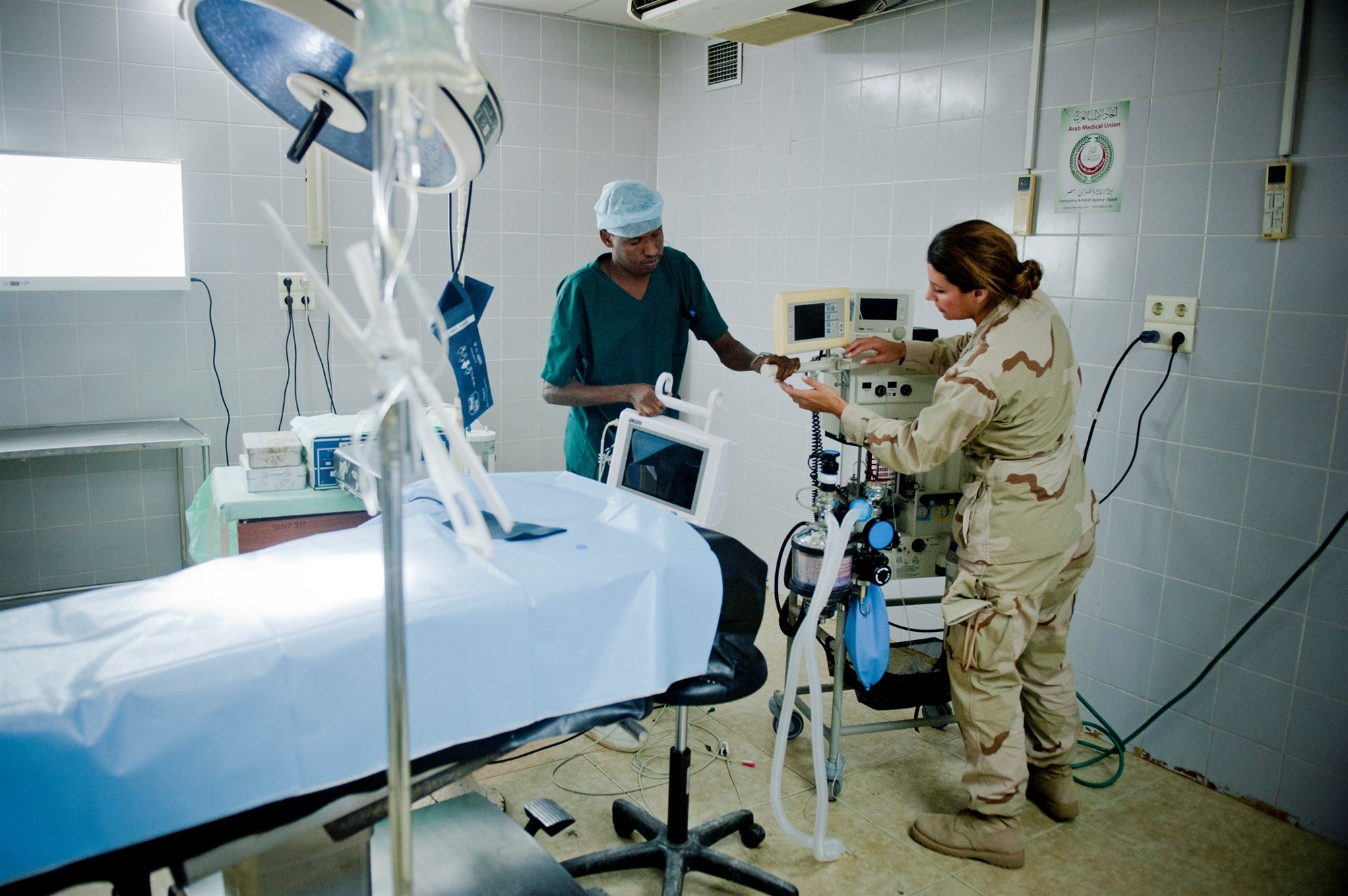
We hope it never happens to you getting sick or hurt can happen to anyone. Accidents are never planned. When you are back in your home country you generally know what to do when something bad happens. When you are traveling in a foreign land, all the rules are different. Normally, where you would just run to the pharmacy and get some cold medicine, suddenly you do not know where to go or what brand to buy. So here are a few things that we hope you can remember and might help you in the future.
Travel insurance
One of the first things you should get even if you don’t think you need it is travel insurance. It is not very expensive and people tend to skip over it. You can buy something simple, probably even from the airlines, and a little is better than nothing. We use World Nomads travel insurance, as it is very complete and not very expensive. You can book a month to travel and be covered for almost anything. It will pay for hospitalization, emergency care, and even put you on a plane back home. Travel insurance should never be skipped. Check with your insurance company as well as they might have a rider specifically for travel that they can have added to your policy.
First aid kit
We don’t suggest that you take a full-fledged first aid kit with you, but we do suggest you bring the basics for General sicknesses. Bring a small bottle of aspirin, flu medicine, motion sickness pills, and feels for an upset stomach. This will not take much room, but you will find it’s a godsend if you need to use it rather than try and find a place to buy it from. You know what works for you. Adding a few Band-Aids and a few other little bits of first aid can’t hurt. Anything larger you should be going to a doctor anyway.
Documentation
Make sure you carry what medical records you might need on you. The name of your doctor back home, as well as a few emergency contacts and their numbers. If you have any allergies please add that to the sheet. Heaven forbids you are unconscious but if you are, you want them to know as much as possible. It is also a good idea to keep a copy of your insurance card and your ID in the same place. If you are traveling with a group, such as with your children, then you need to make sure you do it for them as well.
Local pharmacies and Clinics
If you do get hurt, local pharmacies can often point you to a doctor or a local Clinic. This is generally just a stop on the way to a hospital. We Trust bigger hospital is more than we trust the smaller clinics. This is not to say that the smaller clinics cannot deal with problems, of course, they can, but this is more a personal preference as we know the larger hospitals will probably have the better doctors.
The embassy
Most people forget that the embassy is there to represent you. Very often they are happy to try and help take care of things for you. Make phone calls and make arrangements to contact your family. They can also tell you of the local hospitals and various other things. They will not be paying any of your bills but they will be happy to help you.
Keep a level head
If you are injured or one of your party is injured, remain calm. Getting hysterical does not help within the United States, and adding a different culture and language barriers, it might make it hard to treat you. So remain come or you will make the problem worse. If you are unable to remain calm, we suggest calling the embassy.
Getting sick or hurt in a foreign country on vacation is no fun. But if accidents do happen, remain calm and deal with it one problem at a time. We cannot suggest highly enough that you need to have travel insurance. Without it, the local hospital might still be very inexpensive, but you might also have a surprise if you can’t afford it. In some places of the world, they will not treat you without money up front. So a little bit of preparation will go a long way. We wish you the best and stay safe on your journey.

